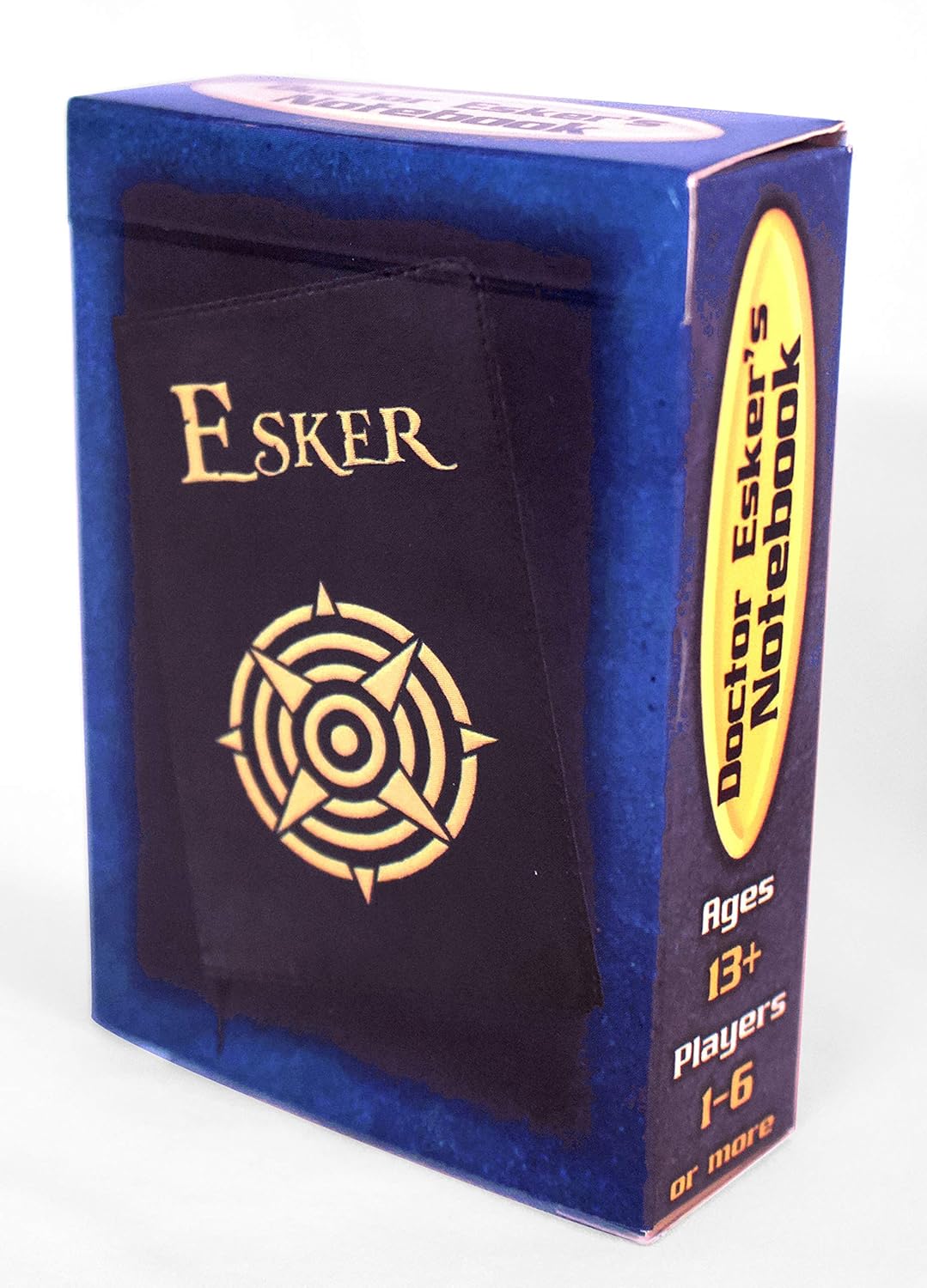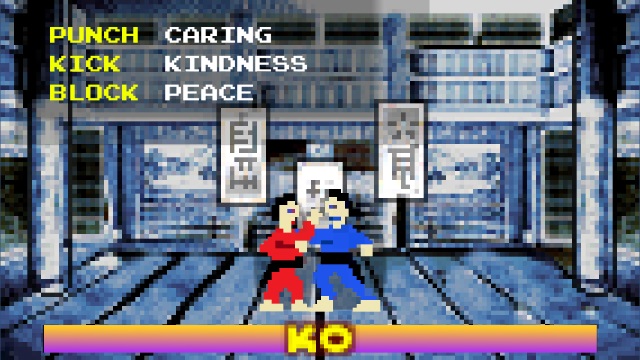Here's an
interesting post by a fellow game designer (and one-time fellow improv comedian) Nick Bentley on scoring tracks in games. I think he makes some great points about the pros and cons of scoring tracks. As a designer, I've used them a lot in my more complex games. I think they can be useful and fun, especially if scoring is constant and in small intervals, or episodic (e.g. scoring rounds) and needs to be shown to let players know where they stand.
I have to say, though, when I open a game that has a scoring track, it always gives me a little twinge of dismay. This comes from several places. One is, a game with a scoring track is often a game that gets bumped into the "too complicated" category, where I'll have trouble convincing people (at least the people around me) to play it. There are exceptions, of course, one of which is Ticket To Ride, which my non-gamer friends and family enjoy (as do I).
Another source of dismay is that the track always takes up a lot of the gameboard, often with fiddly little stuff that doesn't deserve that much table space and is easily knocked out of place.
A final source of dismay is that it's much cooler to have the game objectives be more obvious, more visceral, than mere points scored. Think of a Risk board covered with your little armies, or a mass of cards on display in Seven Wonders - cool, obvious indications of success. Of course, Seven Wonders uses points at the end - the only small clumsiness in a very elegant game, but a necessary one. In
Diggity, I have cards (gold nuggets) that represent their score, so there's no need to mark it separately, and in
Horde, I have a limited number of scoring tokens that people collect as the game progresses, both of which methods I like better than a scoring track.
That said, I played Tikal with my son and my dad last week, and had a great time (even as I lost in pathetic fashion). It's a complicated game, and it has scoring rounds, so the good parts of the scoring track are there - you can see who's ahead, and by how much. There are only two ways to score, though, so I think it avoids Nick's critique of the track, which is really more of a warning to designers than anything players should worry about.








































